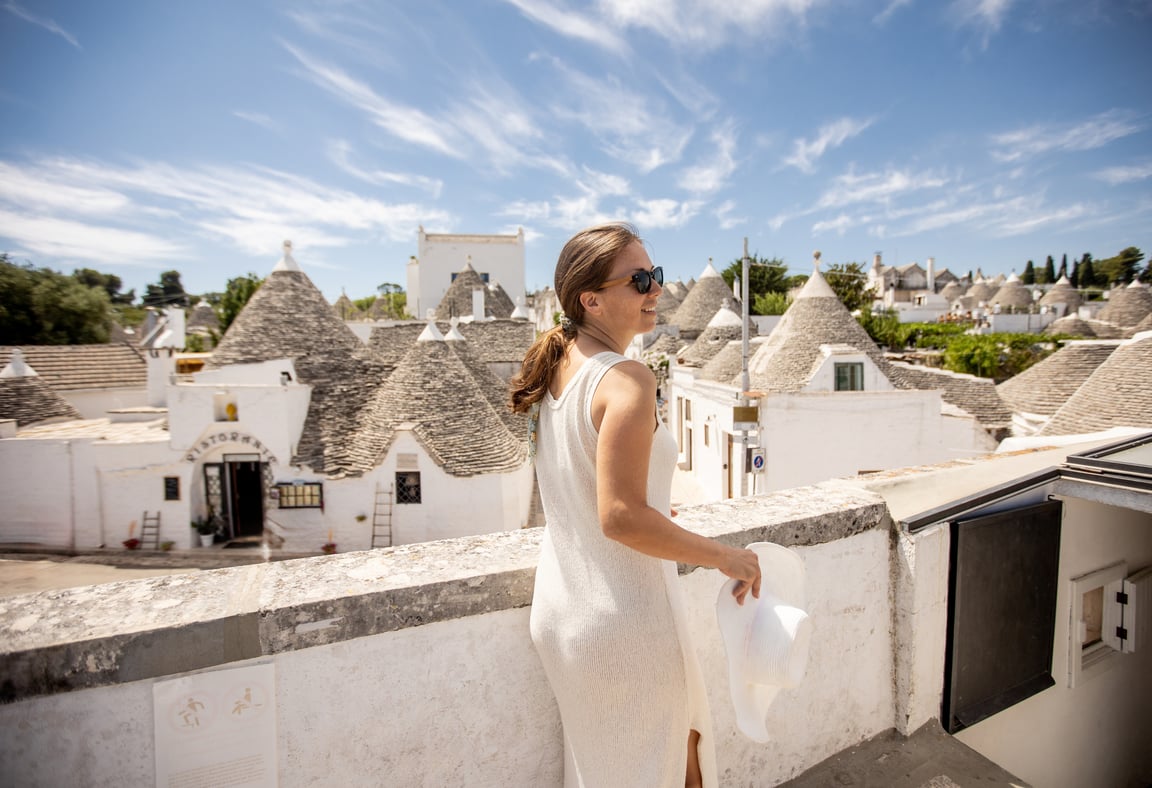
Duping someone can be a terrible (and possibly illegal) thing to do. Duping a destination is, however, what smart travellers are doing in 2024.
As a matter of fact, destination duping – a contraction of “duplicating” – may well be the year’s biggest travel trend of all: finding lesser-known destinations that offer similar experiences to better-known ones, but at a much lower cost and without crowds of other tourists.
The world has rediscovered travel in a big way following the Covid-19 pandemic (which itself started another trend, revenge travel, after people weren’t able to go away for some time), but it has become a much more expensive activity overall. On top of that, some popular destinations – such as Venice and Bali – are taking steps to limit over-tourism by introducing entrance fees and tourism taxes.
As a result adventurous travellers, many inspired by fellow enthusiasts or influencers on social media, are instead taking the road less travelled and discovering new places that offer the same kinds of experiences as better-known destinations.
In the process, they save themselves a lot of money (or they can afford much longer holidays). Also, dupe destinations are often closer by than the traditional ones, which means more environmentally sustainable and guilt-free holidaymaking.
We’ve found some great examples of dupe destinations for you:
- Panama instead of Costa Rica, for its lush natural surroundings
- But Costa Rica instead of Australia, for its similar biodiversity and adventure offerings
- Namibia instead of South Africa – it also offers rich cultural diversity, and bushveld and desert experiences, for less
- Buenos Aires or Budapest instead of Paris, as they offer similar cultural and architectural experiences
- Indonesia instead of the Maldives, for stunning tropical island experiences
- Romania instead of Iceland, for its natural beauty, history and folklore (and Transylvania)
- Ephesus in Turkey instead of Italy’s Pompeii, for ancient ruins that are just as fascinating
- Albania instead of Greece, for the same Mediterranean weather and stunning beaches, but without the crowds
- Colombia instead of New Zealand, as it also features dramatic natural scenery – from mountains to beaches
The point of destination duping is not to exactly replicate places, but to provide experiences that are similar in nature, for much better value. It’s more about discovering hidden gems or unexpected adventures than doing the exact same things you would in the busier tourist hubs.
However, dupe destinations, attractive for the right reasons as they are, are sometimes not as set up for tourism as more popular places. It’s therefore important that, if you’re looking to take this route on your next holiday, you research your prospective destinations carefully.



